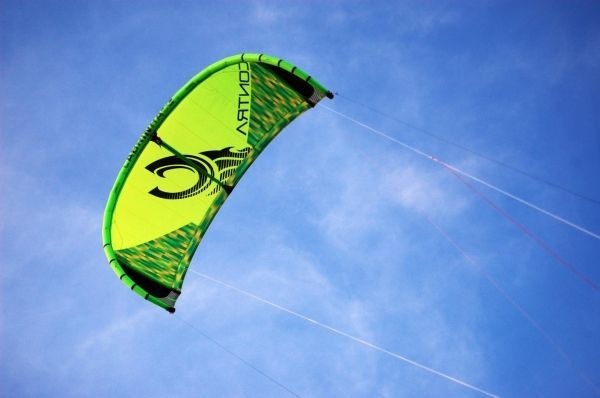Airborne Wind Energy Systems (AWES) are a new kind of technology to harvest wind energy. The expensive and heavy tower and rotor of a conventional wind turbine are here substituted by a light tether and an aircraft (flexible giant kites or large drones), respectively. In the so-called ground generation scheme, AWES use the tension force of the tether to move an electrical generator on the ground whereas, in fly generation scenarios, the electrical energy is produced by wind turbines onboard the aircraft and transmitted to the ground by a conductive tether. In both cases, AWES present low installation and material costs and operate at high altitude (over 500 metres) where winds are more intense and less intermittent. They also present a low visual impact and their easier transportation make them suitable for producing energy in remote and difficult access areas.
“AWES are disruptive technologies that operate at high altitudes and generate electrical energy”, explains Gonzalo Sánchez Arriaga, Ramón y Cajal research fellow at the department of Bioengineering and Aerospace Engineering at the UC3M. “They combine well-known disciplines from electrical engineering and aeronautics, such as the design of electric machines, aeroelasticity and control, with novel and non-conventional disciplines related to drones and tether dynamics”, he adds.
Within this framework, the UC3M researchers have presented a novel flight simulator for AWES in a scientific article recently published in Applied Mathematical Modelling. “The simulator can be used to study the behaviour of AWES, optimise their design and find the trajectories maximizing the generation of energy”, explains Mr. Ricardo Borobia Moreno, aerospace engineer from the Flight Mechanics Area at the Spanish National Institute of Aerospace Technology (INTA) and studying a PhD in the department of Bioengineering and Aerospace Engineering at UC3M. The software, owned by UC3M, is registered and can be freely downloaded and used for research purposes by other groups.
Read more at Universidad Carlos III de Madrid
Image: Airborne Wind Energy Systems (AWES). (Credit: UC3M)


